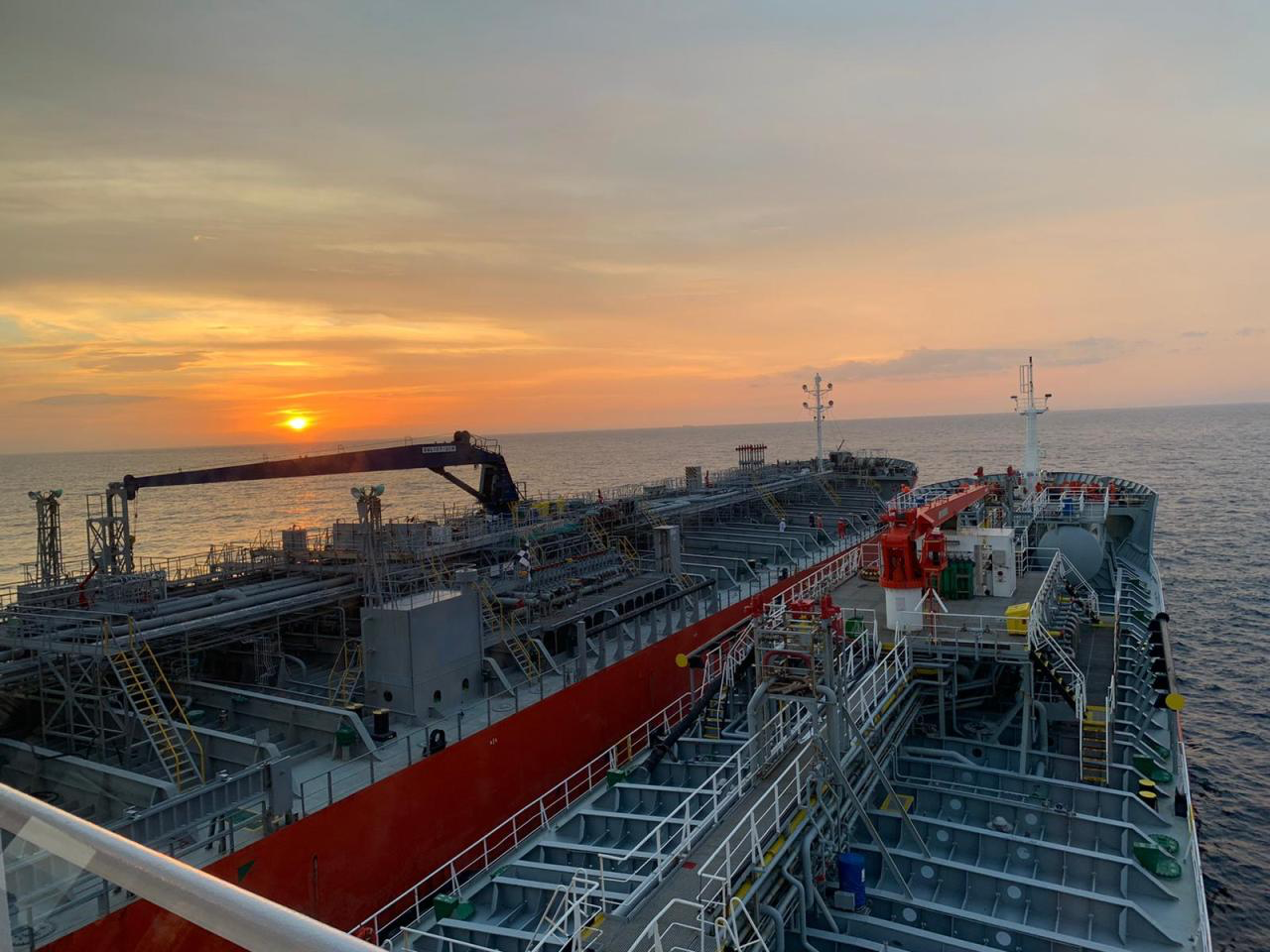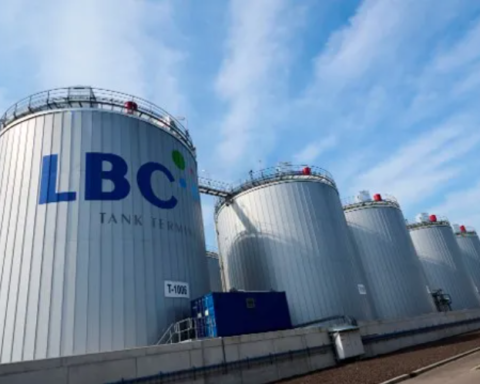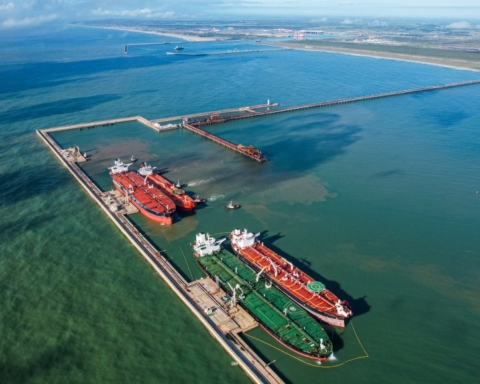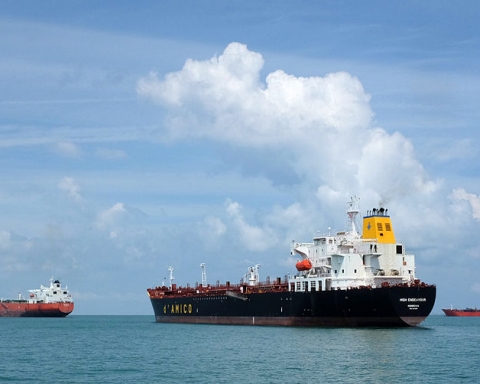“The government and the banking system have to start investing in the sector again. Today the maritime economy needs a major cash injection to face an emergency situation that will certainly have significant repercussions in the near future too.”
This is view of the sole administrator of Elbana di Navigazione, Fabrizio Freschi. He has high expectations of the talks that the Italian Confederation of Shipowners (Confitarma) have begun having with Minister De Micheli over the last few weeks. ” The Association is pursuing a number of commendable initiatives to encourage the continuation of shipowners’ activities, which have a strategic importance, also and above all in terms of employment, and deserve suitable attention”.
Elbana di Navigazione has five stainless steel chemical tankers with a deadweight capacity between 5000 and 7000 tons. It operates on the spot market in the Mediterranean and Northern Europe. “This crisis” – says Mr. Freschi – “has also had an impact on our trade”.
Between March and April the company recorded a 20/30% drop in volumes compared to the previous two months. “The slump in the production of chemical products has clearly had a negative impact on demand for maritime transport, pushing freight rates down”.
In Mr. Freschi’s view, the bullish speculation that has characterized the crude oil market over the last few weeks and, albeit partially, the oil products market, has only had the effect of doping the demand for maritime transport, helping to raise the freight rates of certain types of vessels (especially VLCC) unjustifiably: “Shipowners’ profits have sky-rocketed because traders have begun stockpiling increasing quantities of crude oil at sea with the hope of selling it later at higher prices, but this is an economic scenario that will soon come to an end , leaving dangerous consequences behind”.
Elbana di Navigazione operates mainly in the chemical products market and has small ships: “The size of the market which we operate in helps me not to lose sight of the real problems and everyday emergencies,” explains Mr. Freschi, who is particularly interested in talking about the condition crews are currently working in: “The lockdown measures the various nations have introduced and the cancellation of flights now forces many European and non-EU seafarers to work beyond their contractual period, with contracts that expired months ago and were extended while they were on board.”
European seafarers work with contracts that last 3/4 months on average, while non-EU seafarers are contracted to work even for 8 months: “Many members of our crew are on board well beyond their contractual period”. For Mr. Freschi the situation is becoming unbearable: “We care about the health of our employees. We would like them to be able to be replaced on time. Ships are usually safe havens because the people on board cannot contract the virus from outside, but they are becoming real cages for them now”.
Contacts with port personnel also appear to be very problematic: “We have provided our crews with personal protection systems and have equipped ourselves with safety and temperature control devices for anyone who has to board the ship, while limiting access to them as much as possible. However, people coming from ashore don’t always use the same precautions. We have been having to argue with pilots coming on board without masks or gloves.
Elbana di Navigazione’s leading figure knows that the contingency situation the sector is currently going through is exceptional and temporary. He does not, however, expect any macro-economic signs of recovery in the short term.: “The economic crisis triggered by the Coronavirus has hit hard and it will take a long time before the maritime cluster can return to normal. Nevertheless, let’s try to get out of this alive.”
Translation by Giles Foster




